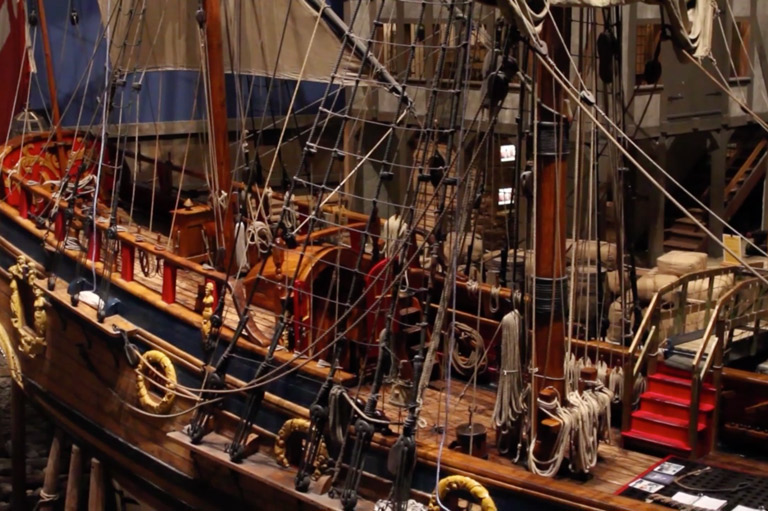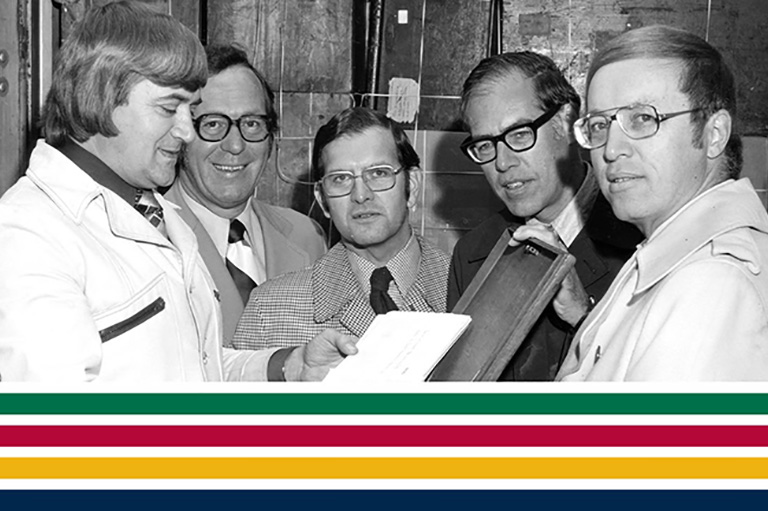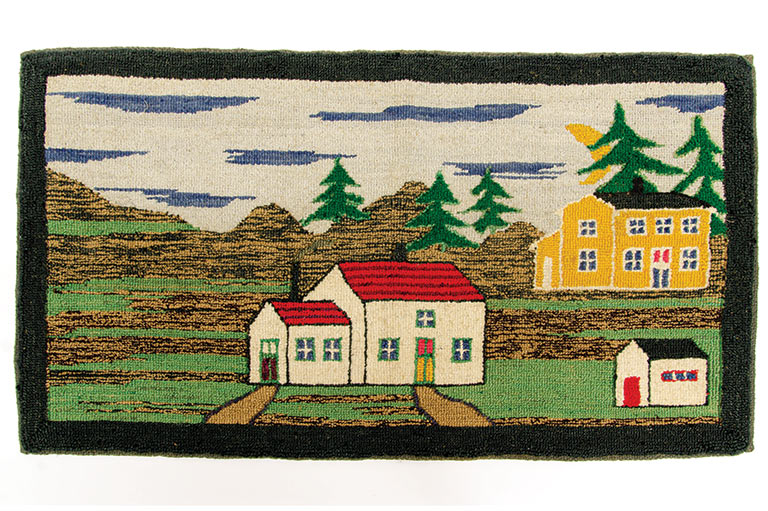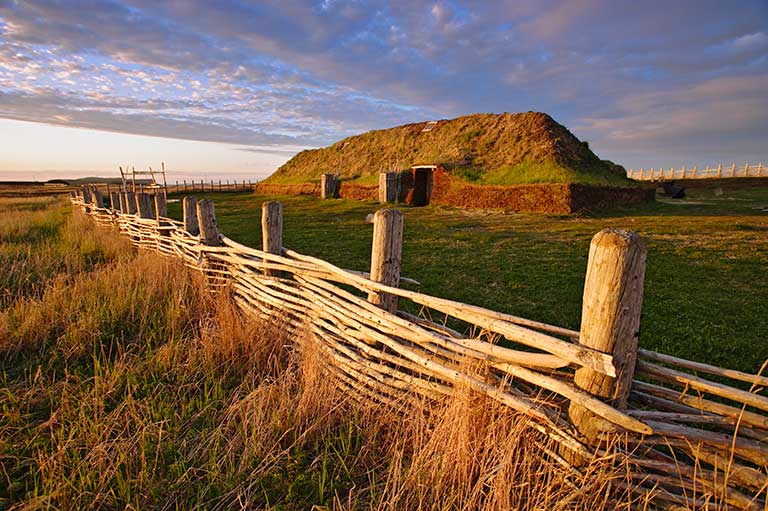Anchors Aweigh
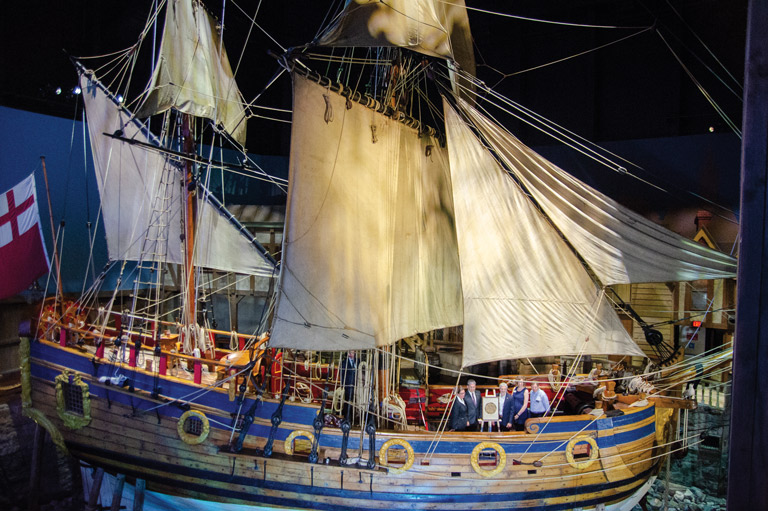
This June, 350 years after the Nonsuch first set sail, the Manitoba Museum reopened its Nonsuch Gallery, turning the ship’s story on its head.
In June 1668 the Nonsuch sailed from Gravesend, England, to Hudson Bay. The sixteen-metre ketch was tasked with finding a fur-trading route into British North America that was more efficient than the established yet complicated route along the St. Lawrence River. After a very successful trade season with the Cree of Hudson Bay, the Nonsuch returned to England laden with furs. This success led to the formation of the Hudson’s Bay Company.
Three hundred years later, a replica of the Nonsuch was constructed in England. Commissioned by the HBC, she was built to be as historically accurate as possible. After three seasons touring along the English Channel, the St. Lawrence River, the Great Lakes, and the west coast of British Columbia and Washington State, the ketch was brought to Winnipeg and gifted to the province of Manitoba.
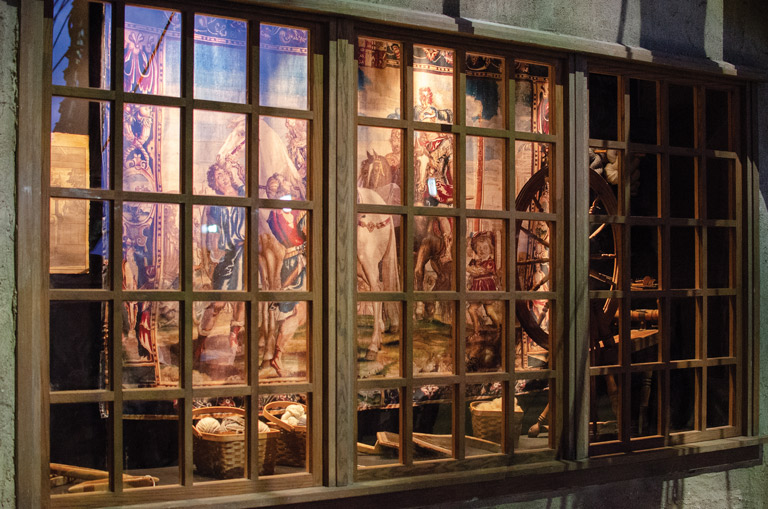
Since 1973, this replica has made berth at the Manitoba Museum. Inspired by a suggestion from Captain Adrian Small, who helmed the replica throughout her tour, the museum’s interpretation of the Nonsuch centred on the final preparations for the original vessel’s 1668 voyage.
In the museum’s newly reopened Nonsuch Gallery, the ship has just returned to England, and is filled with furs from successful trading. Sailors share tales of the “new world” and the winter they spent at the mouth of the Rupert River (modern-day Waskaganish, Quebec).
The river was named for Prince Rupert, a major investor in both the Nonsuch’s voyage and the HBC. As the company’s first governor, he also lent his name to Rupert’s Land — a large portion of present-day Canada that was awarded to the HBC by a royal charter without consideration of the land claims of its Indigenous population.
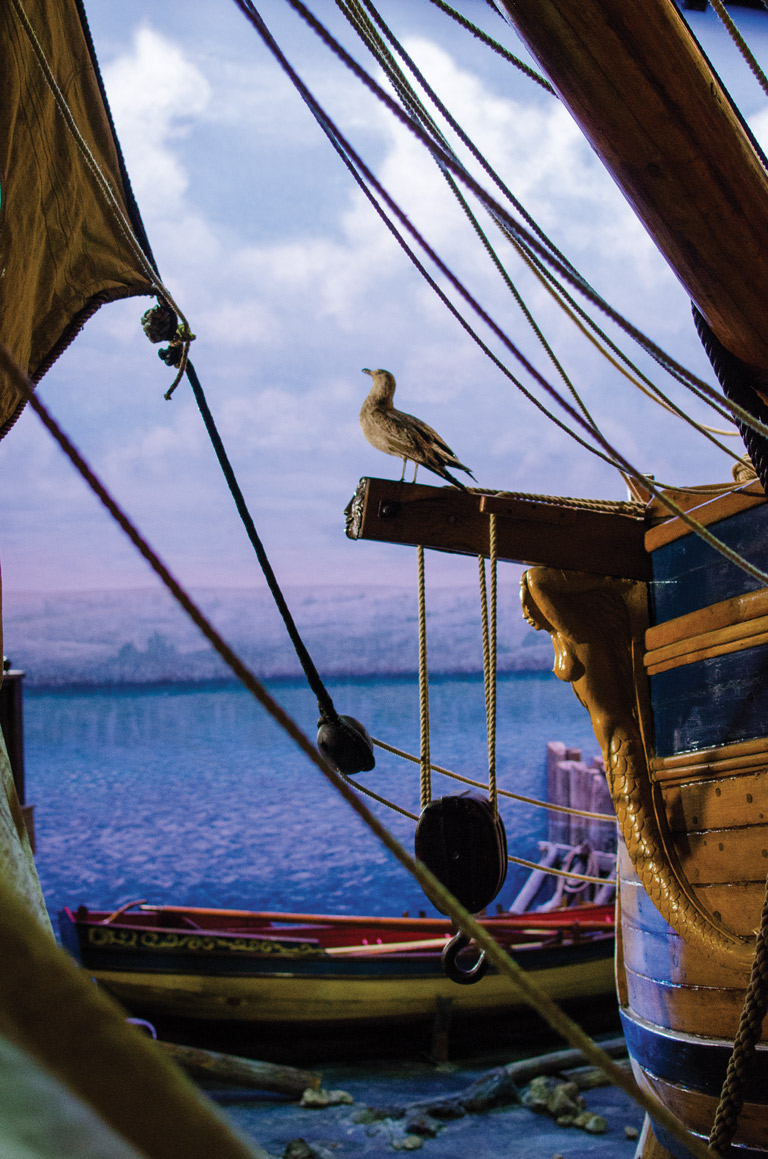
The Nonsuch’s interpretation received significant updates, and the ketch had her rigging restored, led by historical rigger Courtney Anderson — who has worked on ships around the world, including on the film series Pirates of the Caribbean.
When the Nonsuch replica first arrived in Winnipeg in November 1973, it was hoisted into position using a heavy-lift crane. The steel and concrete walls of the gallery were then built around her, sealing her in.
Since a return to the waterways isn’t in the cards, this popular artifact can only be seen at the Manitoba Museum.
The Nonsuch Gallery’s revival marks the beginning of the museum’s ambitious capital renewal project, Bringing Our Stories Forward, which will update more than forty percent of its galleries and emphasize stories of Indigenous peoples and new waves of immigration to Manitoba. A new Winnipeg Gallery and additional digital and interactive exhibits will add to visitors’ experiences.
We hope you’ll help us continue to share fascinating stories about Canada’s past by making a donation to Canada’s History Society today.
We highlight our nation’s diverse past by telling stories that illuminate the people, places, and events that unite us as Canadians, and by making those stories accessible to everyone through our free online content.
We are a registered charity that depends on contributions from readers like you to share inspiring and informative stories with students and citizens of all ages — award-winning stories written by Canada’s top historians, authors, journalists, and history enthusiasts.
Any amount helps, or better yet, start a monthly donation today. Your support makes all the difference. Thank you!
Themes associated with this article
Advertisement
You might also like...
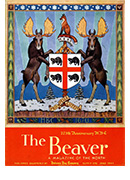
Canada’s History Archive, featuring The Beaver, is now available for your browsing and searching pleasure!

